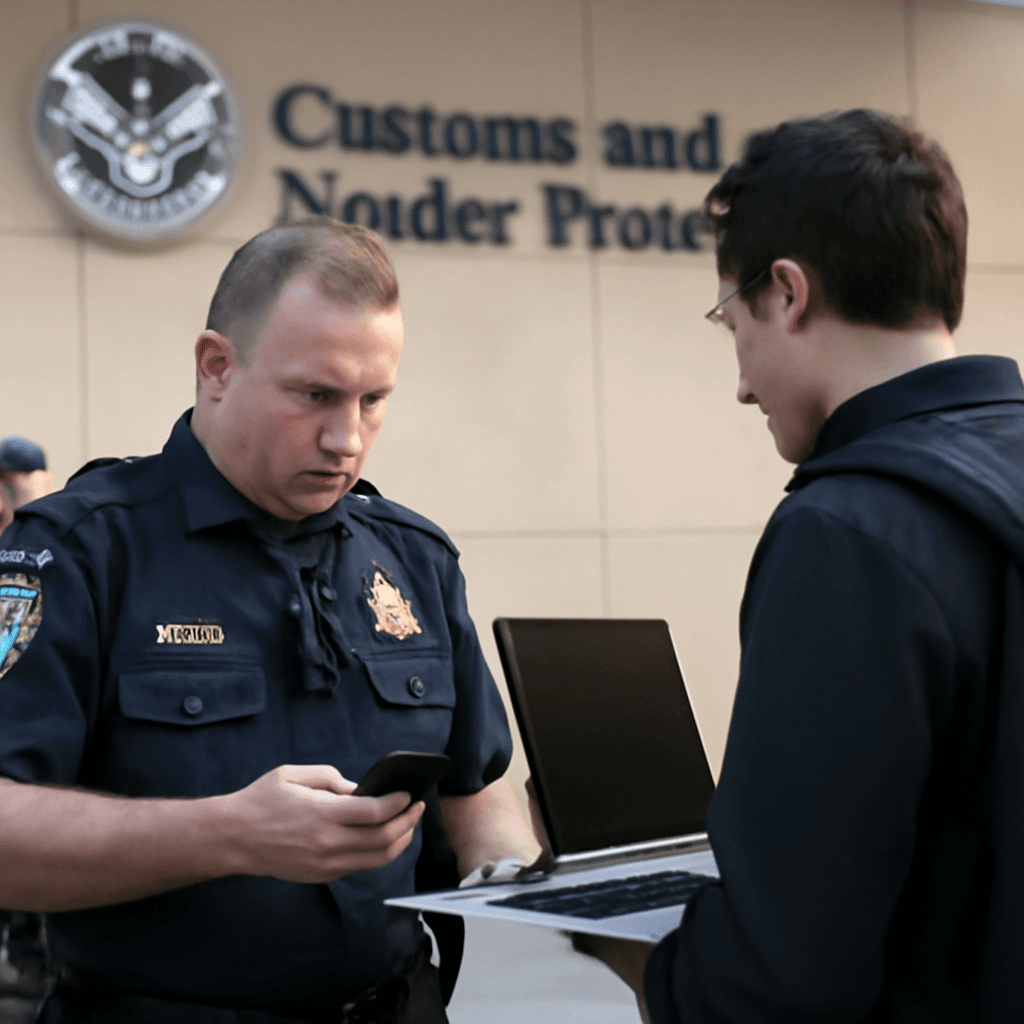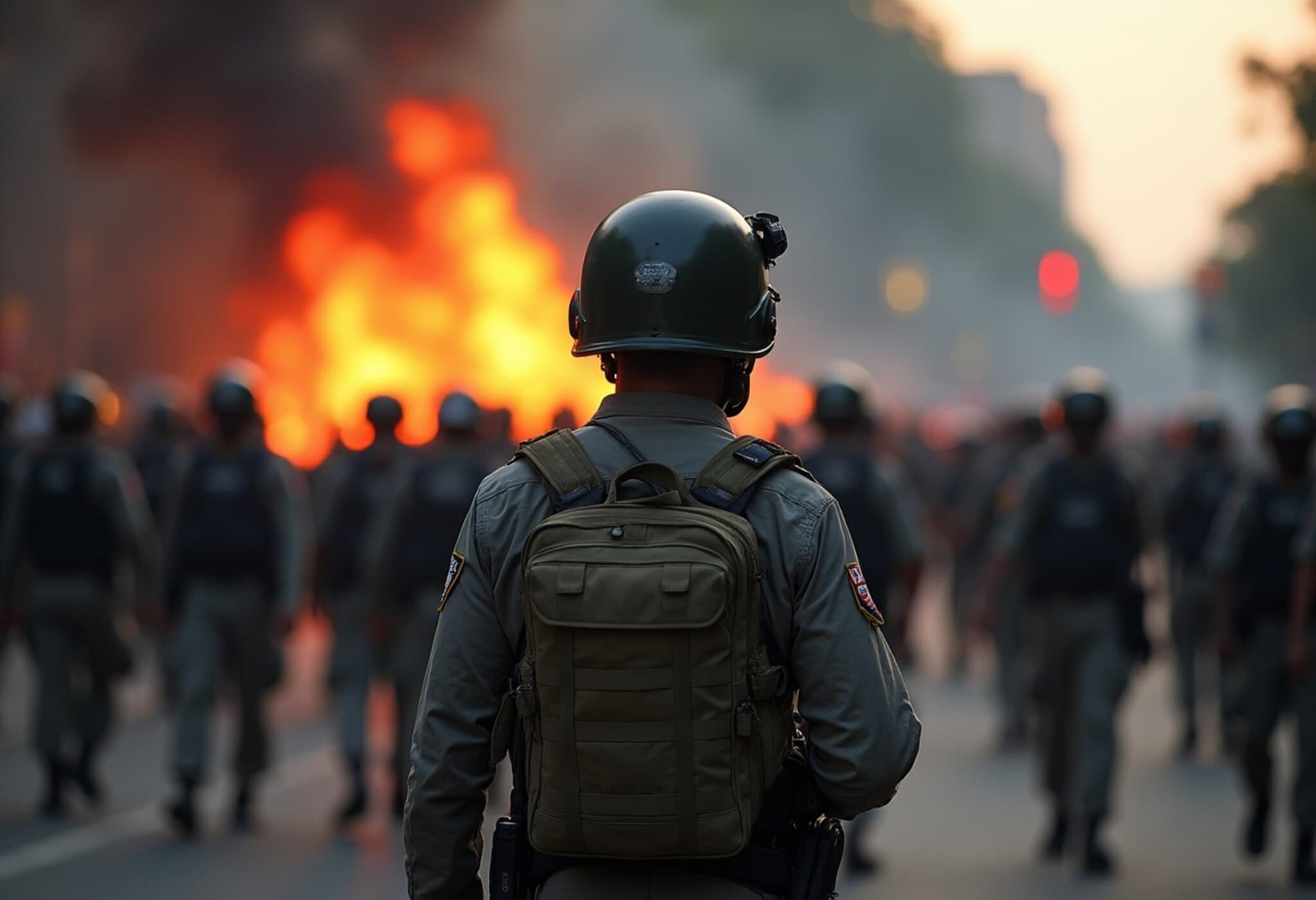Heightened Electronic Device Searches at US Borders
The United States government has intensified security measures at its borders, allowing Customs and Border Protection (CBP) officers to conduct detailed searches of electronic devices without a warrant. This increased scrutiny means smartphones, laptops, and other gadgets of international travelers may be inspected, including access to photos, messages, emails, social media accounts, and browsing history.
Implications for International Travelers
Travelers entering the US are strongly advised to remove sensitive or private content from their devices. Instances have emerged where individuals have been detained or deported based on digital material found during border inspections, including political opinions and personal images.
- CBP Authority: Legal authority permits warrantless searches of electronic devices at points of entry.
- Data Accessed: Includes texts, emails, photos, social media data, and browser history.
- Risks: Detentions, interrogations, and possible denial of entry based on content.
Notable Cases Reflecting Increased Surveillance
In recent months, several travelers have faced intense questioning. For example, a French scientist was refused entry after items found on his phone were deemed politically sensitive. Similarly, a Lebanese-American lawyer was stopped and interrogated regarding his contacts after a device search at Detroit Metro Airport.
Recommendations for Travelers
To mitigate risks at US borders, experts suggest the following precautions:
- Delete Sensitive Content: Remove any private photos, messages, or documents that could be considered controversial.
- Use Cloud Storage: Store data securely on encrypted cloud services rather than locally.
- Disable Biometric Access: Avoid biometric logins like fingerprint or facial recognition to prevent forced unlocking.
- Minimize Stored Data: Carry only essential information on electronic devices.
Broader Travel Restrictions
Alongside electronic device searches, the US has implemented travel bans impacting various countries for national security reasons. As of June 2025, full entry bans apply to 12 countries, while partial restrictions affect seven others.
- Full Ban Countries: Afghanistan, Myanmar, Republic of the Congo, Haiti, Chad, Equatorial Guinea, Iran, Libya, Sudan, Yemen, Eritrea, and Somalia. Citizens from these countries are prohibited from entering the US.
- Partial Restrictions: Burundi, Laos, Sierra Leone, Togo, Turkmenistan, Cuba, and Venezuela face limited entry permissions with additional scrutiny.
Authorities cite visa overstays and lack of cooperation from these countries in repatriating citizens as primary reasons for these restrictions.
Conclusion
The evolving US border security landscape underscores the importance for international travelers to carefully review their digital footprint before arrival. Being informed and prepared can help prevent delays or denial of entry arising from electronic device inspections and related security measures.








